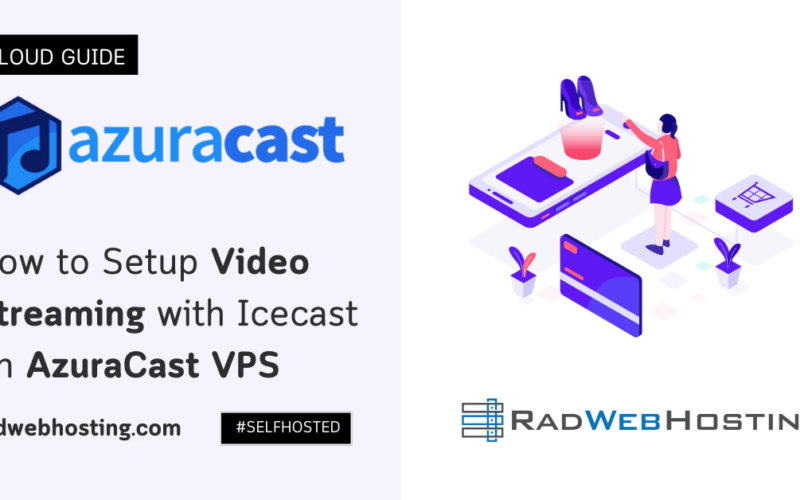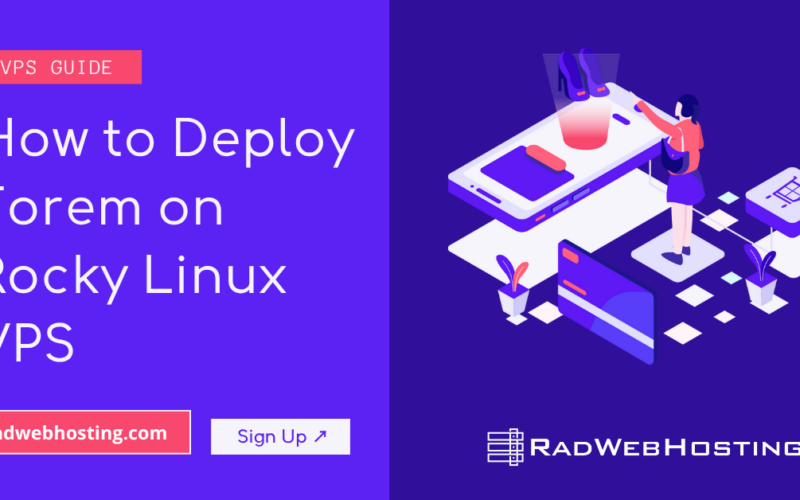
VPS Hosting provides an upgrade from shared hosting with added scalability not available elsewhere. With root access and dedicated IP address you have more control than with shared hosting as you can make significant modifications like you would to a townhouse instead of renting an apartment (shared hosting).
What is VPS Hosting?
Choose between managed VPS or unmanaged VPS plans; for assistance with backups, software updates and other tasks opt for managed plans.
It’s a Virtual Machine
VPS hosting provides an intermediate solution between shared and dedicated server hosting. Like a dedicated server, it allots you a set amount of system resources while enabling you to install software with full control over its operation system.
Personal web hosting plans are more scalable than their shared hosting counterparts and more suited to handling peak periods like sales or promotions, where traffic spikes occur quickly. They offer faster response to spikes than shared plans do, making them ideal for eCommerce websites that need secure payments processing.
Choose between managed or unmanaged VPS hosting options to meet your hosting needs. Managed plans are best suited for people who possess technical backgrounds or an IT team capable of conducting regular maintenance; while unmanaged hosting allows more control and is well suited for complex applications like game servers or media-rich sites; though more expensive, many consider unmanaged hosting worth it for its performance and flexibility.
SEE ALSO: Cloud Vs. VPS
It’s a Virtual Server
VPS hosting provides websites with a virtualized environment to enhance performance and website customization. It exists between shared and dedicated hosting, in that it uses hypervisor technology to divide a physical server into several virtual compartments with defined amounts of hardware resources; each compartment can host its own operating system (OS) and server software allowing greater customization than shared hosting while still remaining more affordable than dedicated server solutions.
As opposed to shared hosting, VPS allows for quick and easy upgrades of its hardware resources – which can improve loading speed and enhance website performance, as well as protect you from hacks or malware on nearby sites. In addition, it enables a dedicated email domain and support for popular development languages and database software while simultaneously making websites globally accessible – making VPS the ideal choice for websites that have outgrown shared hosting’s limitations.

It’s a Virtual Dedicated Server
VPS hosting provides many of the benefits associated with dedicated servers at a lower cost. This type of service is best suited to websites that have outgrown shared hosting but do not yet reach enough traffic volume to justify having their own dedicated server.
VPS hosting differs from shared hosting by using a hypervisor to partition physical servers into separate virtual compartments, each running its own operating system and software for independent functionality.
Virtual partitions hosted on VPS hosting servers are protected by their host’s firewall, with nightly backups to safeguard against hardware failure and ensure your data’s protection from loss. In addition, VPS hosting provides easy upgrades in case of large traffic spikes – as more resources can be allocated without having an adverse impact on other websites.
SEE ALSO: What is Dedicated Server Hosting?
It Provides Virtual Control Panel
VPS hosting offers the flexibility of dedicated servers at more reasonable costs, allowing users to select and configure operating systems and server applications – perfect for websites requiring a more stable environment that can handle moderate traffic spikes.
VPS hosting plans are highly scalable, making them the ideal solution if your traffic suddenly spikes dramatically. Furthermore, VPS delivers enhanced performance as it is unaffected by other websites on the same physical server, making them superior alternatives to shared hosting solutions.
Many website owners choose a managed VPS hosting plan, which handles server management for them – such as software updates and security patches – including hardware monitoring. While this may be beneficial if they lack technical knowledge to do it themselves, self-managed VPS offers greater control of hosting environment.
Conclusion
We hope we have helped answer the question, “What is VPS Hosting?” Please feel free to contact us for support if you have further questions regarding VPS hosting.









[…] VIEW ALSO: What is VPS Hosting? […]
[…] READ ALSO: What is VPS Hosting? […]
[…] the other hand, virtual servers, also known as VPS (Virtual Private Servers), are essentially virtual partitions on a physical server. While they offer more flexibility and […]
[…] is here to help. They offer a number of services, including shared hosting, reseller hosting, VPS (virtual private servers), cloud servers, and dedicated server […]
[…] kind of hosting services do they require? Do they need dedicated servers, shared hosting, VPS hosting, or cloud servers? How critical are uptime and scalability to […]
[…] Virtual Private Server (VPS) are virtual replicas of physical servers, powered by a piece of software known as the hypervisor. This divides the physical server into multiple virtual instances with their own dedicated resources such as CPU, RAM and OS. […]
[…] feature is especially useful in a dynamic virtual private server (VPS) environment where storage requirements can change rapidly. In this guide, we will dive deep into […]
[…] VPS Hosting […]
[…] the world of web hosting, Virtual Private Servers (VPS) stand as a versatile middle ground between shared hosting and dedicated servers. Among the many […]
[…] Web Hosting’s website and choose a hosting plan based on your needs (e.g., shared hosting, VPS, or dedicated […]
[…] the right Linux distribution for VPS hosting is critical for performance, security, and […]
[…] developers are faced with numerous hosting solutions, the most popular being Serverless hosting and Virtual Private Server (VPS) hosting. Both offer different models of infrastructure management and cost considerations. This […]
[…] VPS Hosting (Managed & Unmanaged) […]
[…] is an ideal solution for VPS hosting, significantly reducing complexity of command line management, and offering a host of enhancements […]
[…] License → Limited to cloud/VPS servers (cannot be installed on dedicated servers). cPanel Admin and cPanel Pro license tiers are exclusive […]